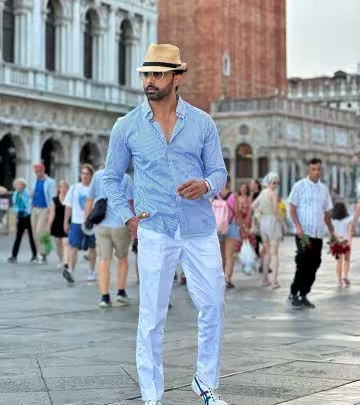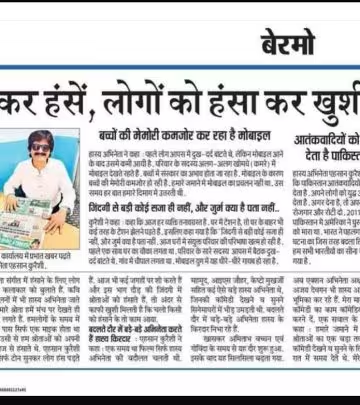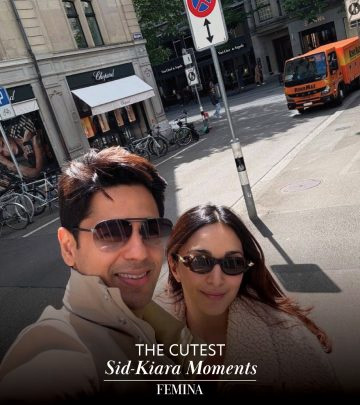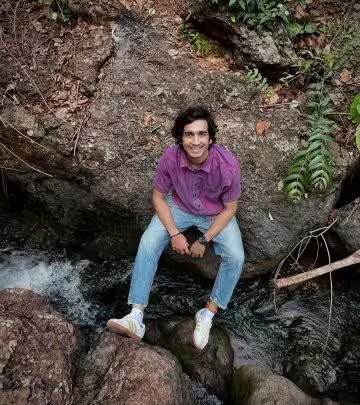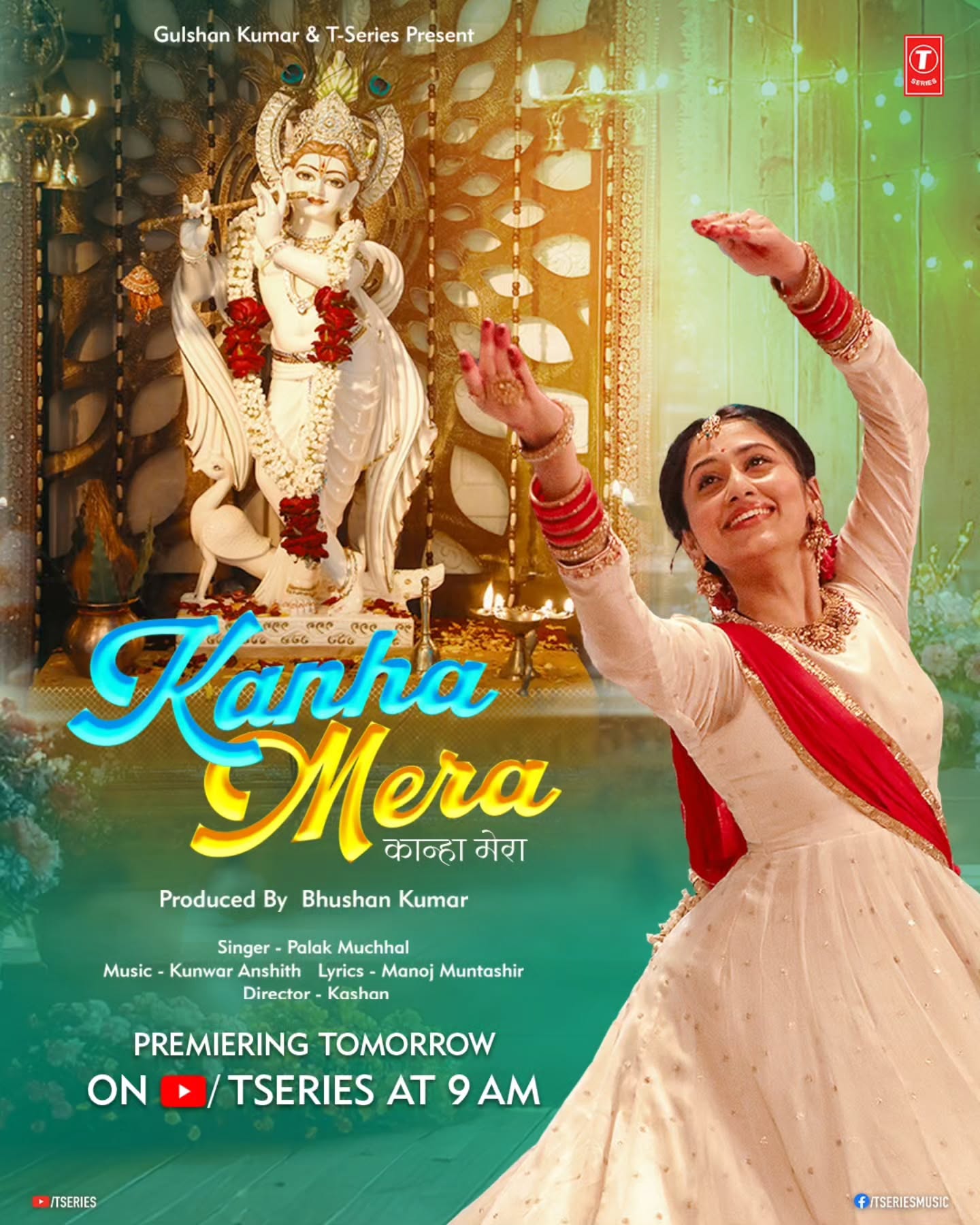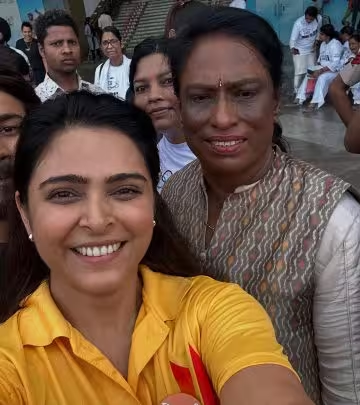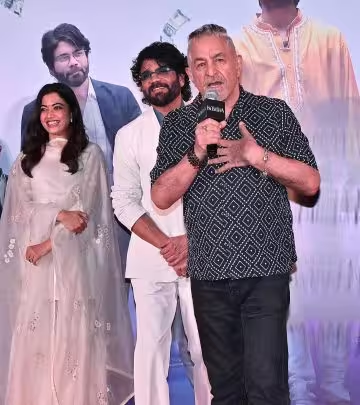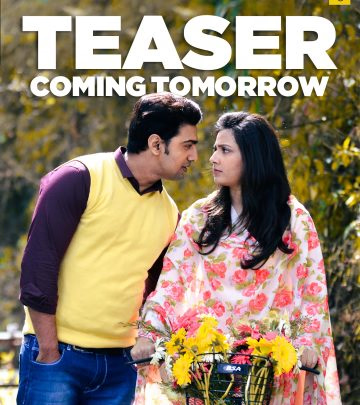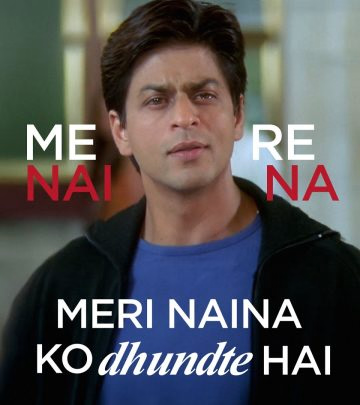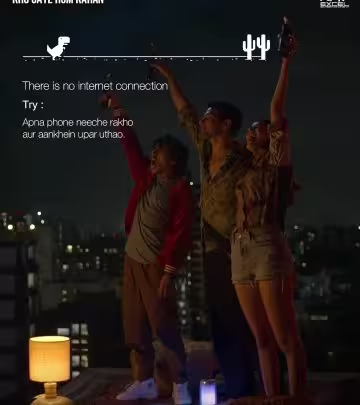Enlightened Himalayan Encounter
A transformative Himalayan trek reveals profound insights boundless love, and inner light.
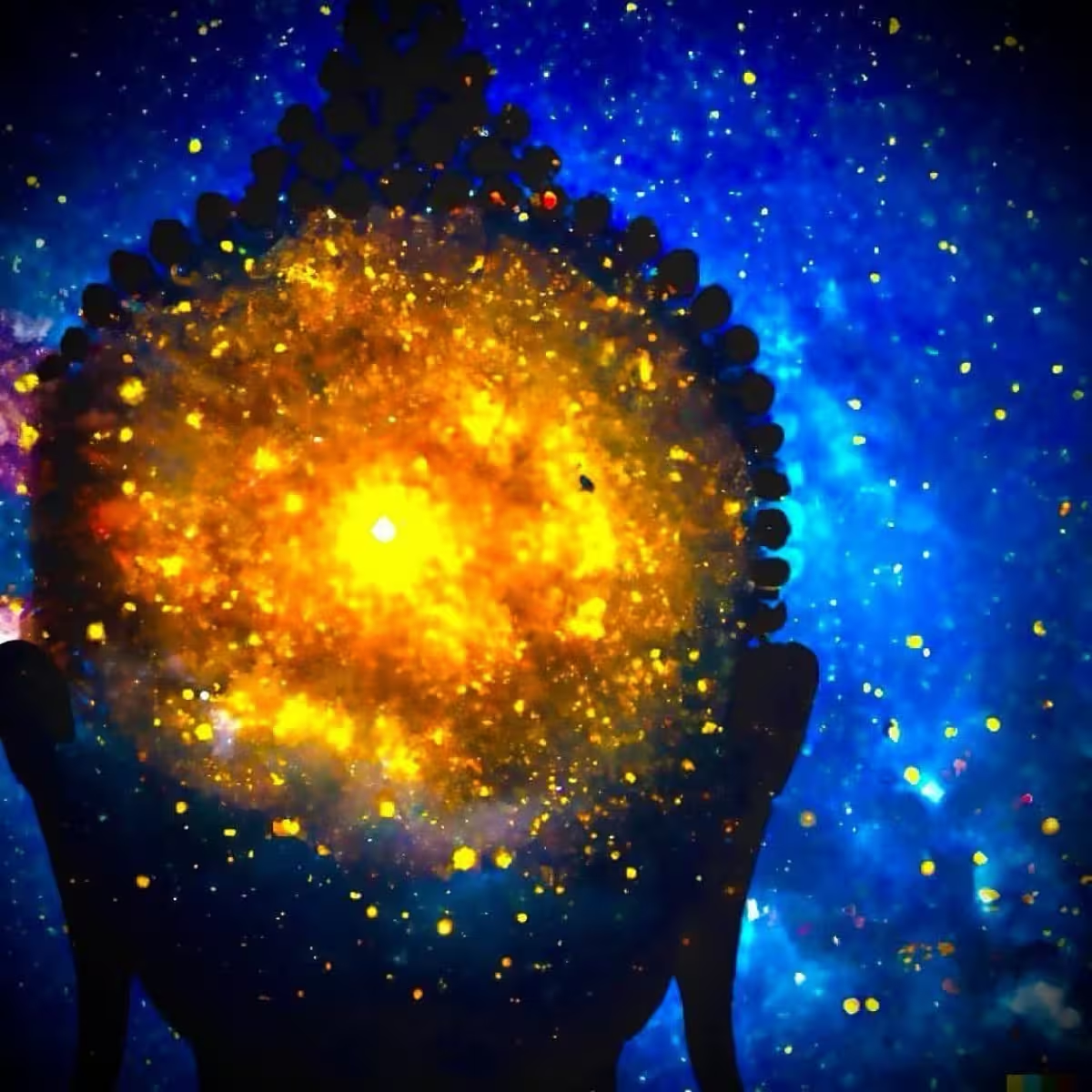
Image: Instagram
On Buddh Jayanti—a day celebrating the enlightenment of the Buddha—a transformative experience unfolded high in the Himalayas. The day’s significance was underscored not only by the sacred meaning of the term ‘Budh’ (the enlightened one) but also by an extraordinary encounter with a meditating monk. Indian filmmaker Shekhar Kapur, known for his reflective narratives and adventurous spirit, shares this tale of introspection and revelation during a solitary trek through a frigid mountainous landscape.
Encounter With The Meditating Monk
While trekking alone in the Himalayas on this auspicious day, Kapur came across a monk deeply engrossed in meditation inside a modest cave. Despite the biting cold and minimal clothing, the monk’s calm countenance radiated a serene indifference to the harsh environment. With closed eyes that seemed to serve as a natural ‘do not disturb’ sign, the monk appeared utterly detached from the physical discomfort surrounding him. It was during this unexpected pause in his journey that Kapur dared to break the silence with a simple, yet probing question: “Aren’t you feeling cold?”
The monk’s response was both humorous and profound. He admitted that he wasn’t aware of the cold until it was pointed out, chuckling warmly as he remarked, “I was not aware of the cold. But now that you’ve asked me, yes, it is cold.” The slight smile crossing his face, reminiscent of the kind one gives when a child innocently asks a question, hinted at layers of meaning behind his words. With that, he once again slipped into meditation, leaving Kapur to grapple with a mix of amusement, curiosity, and a sense of deeper inquiry.
Reflections On Enlightenment And Love
Captivated by the enigmatic calm of the monk, Kapur ventured further with his questions, asking, “Are you enlightened?” In response, the monk fixed him with a deep, unwavering gaze—a look so intense that it seemed to alter the very colors of his eyes. In that fleeting, almost otherworldly moment, time dissolved into the backdrop of the setting sun and emerging stars.
The dialogue took an unexpected turn when the monk posed a reflective question back: “Are YOU enlightened?” Caught off guard, Kapur’s hesitation spoke volumes. In his stuttered reply, he admitted his own uncertainty about the meaning of enlightenment. The monk then offered advice that resonated far beyond the immediate chill of the mountain night: “Go back to where you came from. Open your heart to love. When you find love everywhere you look, you’ll know that love came from your heart. From within yourself. Let it flow everywhere. … It’s when your love flows back inwards that pain, desire, and selfishness take over… let your love flow outwards.” This simple yet profound message struck a chord, as the cold reality of the night reminded Kapur of his physical vulnerability and inner uncertainty.
A Journey Beyond The Physical
In that moment, the boundary between the external world and inner life blurred. The descending darkness and emergence of stars provided a dramatic backdrop, making Kapur suddenly aware of the passing hours as he sat entranced beneath the monk’s gaze. The conversation—both a subtle test and an invitation—challenged him to consider that enlightenment is not a static state but a continuous, unfolding journey. The monk’s advice to let love flow outward, rather than being trapped in the inward churn of pain and desire, echoed a sentiment that is central to many spiritual traditions, including the very essence of Buddh Jayanti.
This reflective episode is not without precedent in Kapur’s life. Known for his deeply personal storytelling, his previous social media posts have often intertwined personal loss, hope, and the transcendent power of love. In an earlier post dedicated to Mother’s Day, Kapur recounted the bittersweet memories of his mother’s unwavering affection amidst life’s unpredictable journeys. That narrative, much like the Himalayan encounter, touched upon themes of vulnerability, personal growth, and the art of letting life’s experiences shape one’s inner self. Moreover, his cinematic journey—a career marked by both critical acclaim and boundary-pushing narratives—mirrors the philosophical questions raised on that cold Himalayan night. His filmography, which includes landmark works that echo the struggle between the ephemeral and the eternal, lends further depth to his reflective nature.
The Symbolism Of The Cold Night
The juxtaposition of the harsh physical cold and the warmth of inner insight forms a compelling metaphor in Kapur’s tale. The frigid Himalayan environment isn’t merely a setting but serves as a catalyst for introspection. As the temperature dropped and the night deepened, Kapur was reminded of the fragility of the human body in contrast to the resilient spirit that seeks understanding and connection. The monk’s carefree attitude towards the cold—coupled with his playful yet wise exchange—evoked the timeless message that true enlightenment involves embracing both the stark realities of life and the boundless capacity of love and compassion.
In recalling his experience, Kapur is left pondering the nature of enlightenment itself. Is it found in the absence of physical discomfort, or in the reframing of such discomfort as a passage to greater self-awareness? The monk’s parting words, urging him to let love flow outward, serve as a gentle yet firm reminder that the journey towards enlightenment is as much about the heart as it is about the mind. As darkness enveloped the mountains, pulling him away from the safety of familiar paths, Kapur realized that every step taken in that night—both literal and metaphorical—was part of a larger journey of self-discovery, echoing the eternal search for truth and love.
The encounter, brief yet deeply impactful, reinforces the idea that sometimes the most profound lessons come from the simplest interactions. The monk, with his humorous quip and tender advice, symbolized the paradox of enlightenment: an intricate dance between the tangible and the intangible. For Kapur, the trek was not just a physical challenge but a pilgrimage into the depths of his own consciousness—a reminder that in seeking answers, one may well find that every question opens a new door to understanding.
The Himalayan night, the fleeting conversation, and the silent wisdom of a meditating monk converge to leave an indelible mark on the heart. What began as a cold, solitary trek transformed into a luminous journey of self-realization, where the spirit is nourished by the simple act of letting love flow unconditionally.
Kapur’s reflective narrative not only captures the essence of Buddh Jayanti but also serves as an evocative call to open one’s heart in the face of life’s uncertainties. As the journey continues, so too does the search for enlightenment—a quest that transcends the physical realm and touches upon the timeless truths of love and compassion.
Read full bio of Preeti Jha




